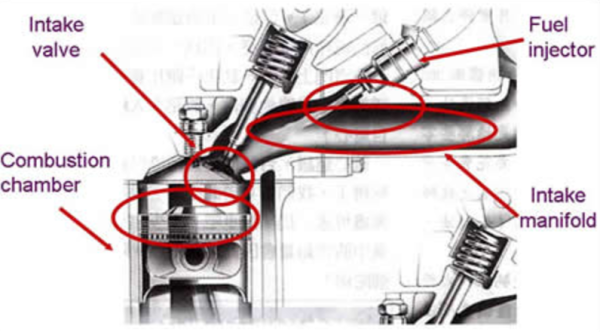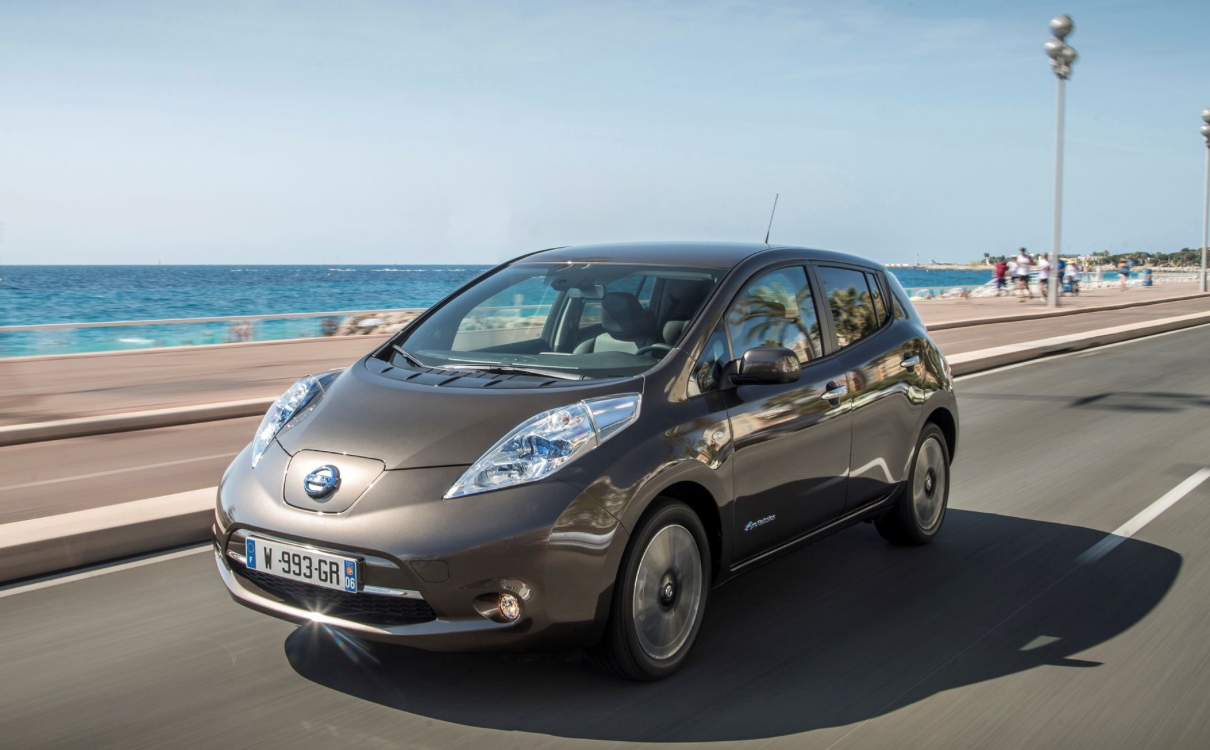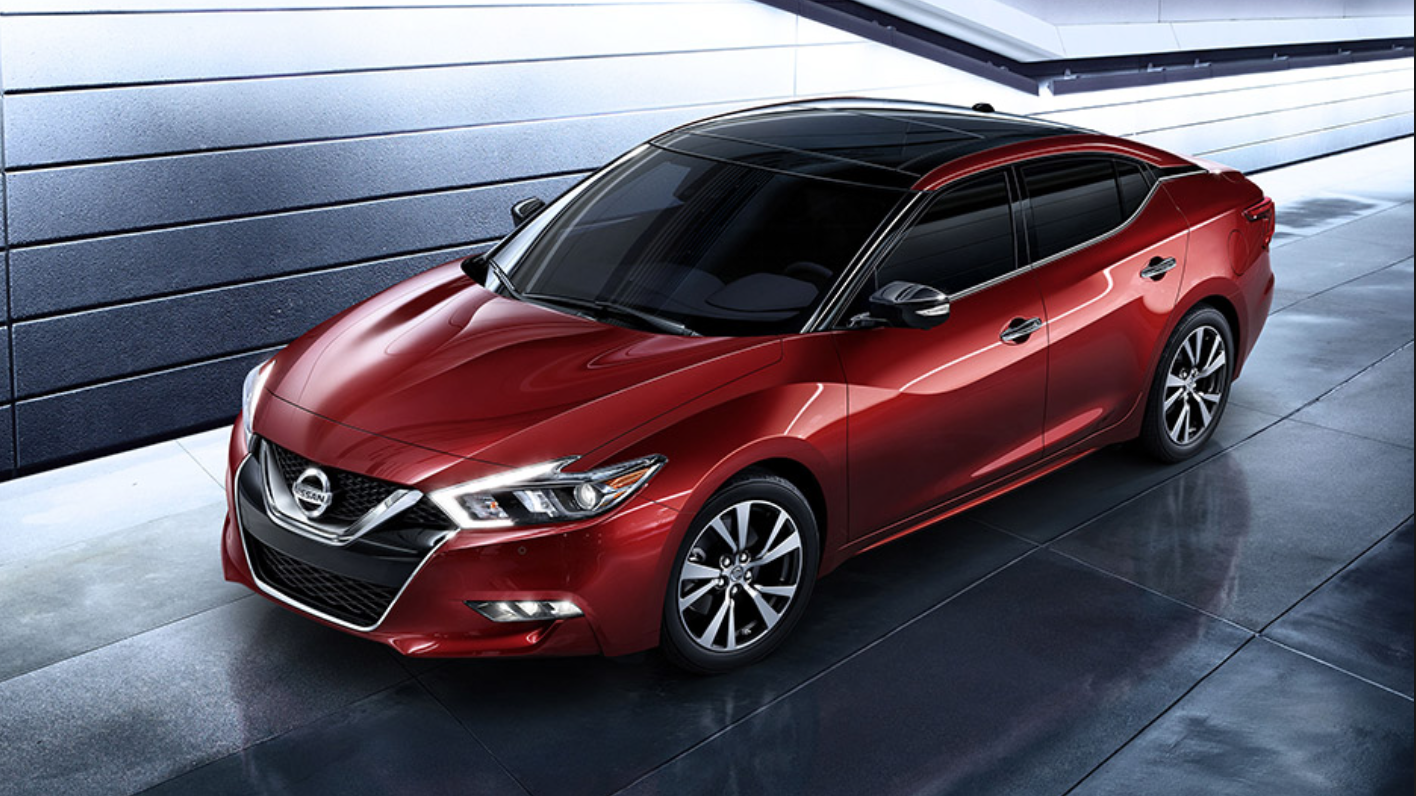We're conditioned to react more favourably to terms like premium and exclusive, as though these words dictate the true quality of a product or service. We will happily pay a higher price tag thinking we're getting a better value for them. After all, higher price equals higher quality, right? When it comes to gas, our biggest decision is whether to use regular (cheaper) gas or premium (more expensive) gas. When we choose premium, we feel like we're doing better for our vehicle, whereas when we "settle" for the cheaper option, we can have the false impression that we're hurting it. AAA recently published an article announcing that in 2016, Americans wasted $2.1 billion on premium gas for vehicles that really don't need premium gas.
We get it, a car is one of the largest purchases you'll make in your life, so why not treat it well in order to lengthen its life. But what exactly is the difference between regular and premium gas, and is the extra 15-20 cents worth the upgrade?
Premium gas is more expensive because it has an octane level of about 92-93, as opposed to regular gas, which has an octane level of 87.
What does that mean?
Octane levels are designated with your car engine's compression ratio in mind. That is, the ratio of the volume of your car's combustion chamber from its largest capacity to its smallest capacity.
When your car requires the use of a premium gas, the lower octane levels in regular fuel can increase your car's exhaust-gas temperatures and can sometimes lead to knocking (that sound you hear when the fuel and air mixture in your car's cylinder doesn't start correctly, and a pocket of the mixture explodes outside of the normal combustion front).
If your car requires premium gas, these two symptoms can have adverse effects on your car in the long run. If your car does not specify that it requires premium gas, that means the lower octane levels of regular gas will not cause the increased exhaust-gas temperatures that can lead to knocking.
Premium gas does help your car's performance, however it will only improve its ability to accelerate from 0-100km/h about half a second more quickly than with regular gas.
Although premium gas doesn't really benefit your car if it doesn't require the higher octane levels, it also won't harm it. What it comes down to is whether saving those extra 15-20 cents every time you fill up your tank is important to you.
If you'd like to see if your 2016-2017 vehicle requires premium gas, check out the list on BestRide.com.






